Deck & Commander Strategies
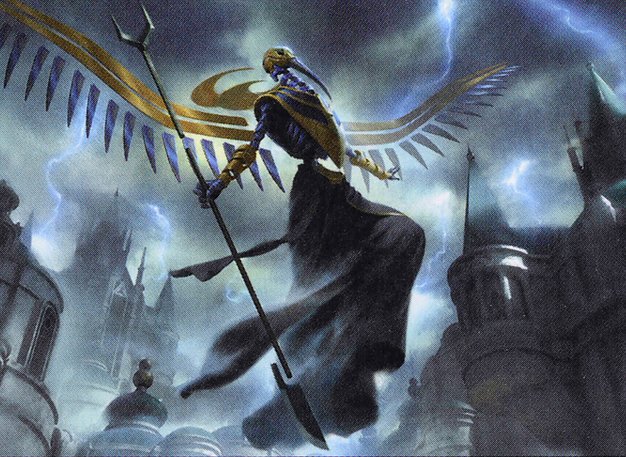
God-Eternal Kefnet
The strategy focused on going infinite with time warp effects to take extra turns and disrupt the game flow.
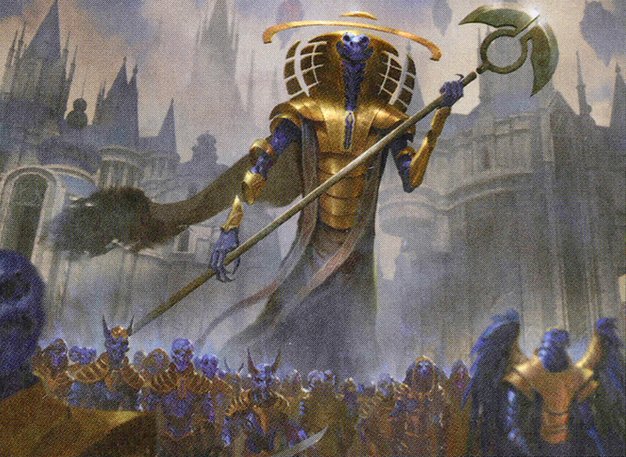
God-Eternal Rhonas
The player aimed to build up a strong creature presence and then double their power with Rhonas' enter-the-battlefield effect.

God-Eternal Bontu
The deck's game plan revolved around sacrificing creatures to draw cards, gain life, and put counters on creatures.
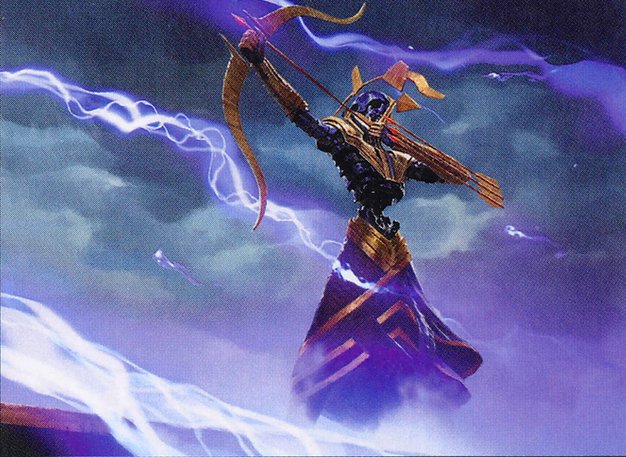
God-Eternal Oketra
The strategy involved playing creatures with Oketra on the field to create zombie tokens, while also bouncing creatures back to hand to continuously trigger Oketra’s ability.
Gameplay Insights
- 1
The God-Eternal Kefnet player's strategy of taking infinite turns was a key point of contention in the game.
- 2
The God-Eternal Bontu player’s use of sacrifice mechanics significantly disrupted the other players' board presences.
- 3
The God-Eternal Rhonas player's final move of doubling their creatures’ power was a game-changing moment.
Notable Cards
-
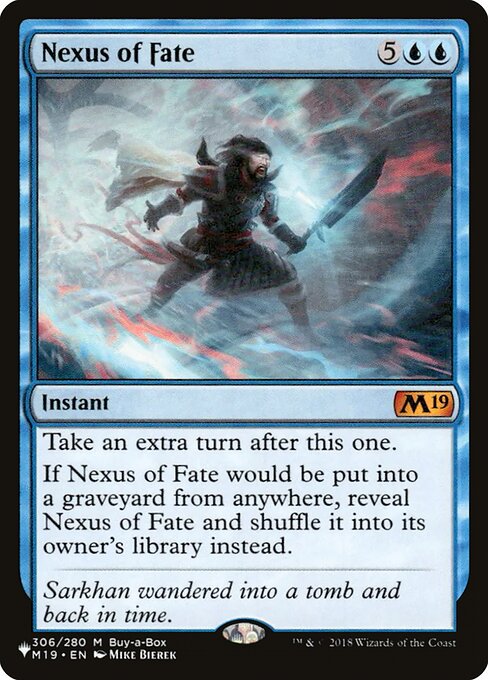
Nexus of Fate
-
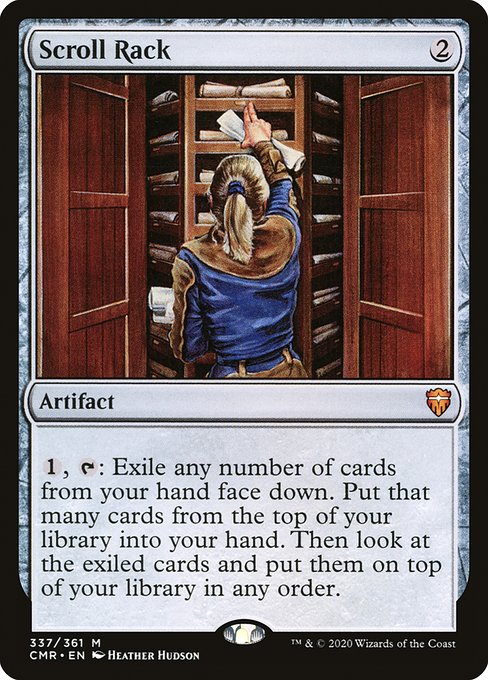
Scroll Rack
-
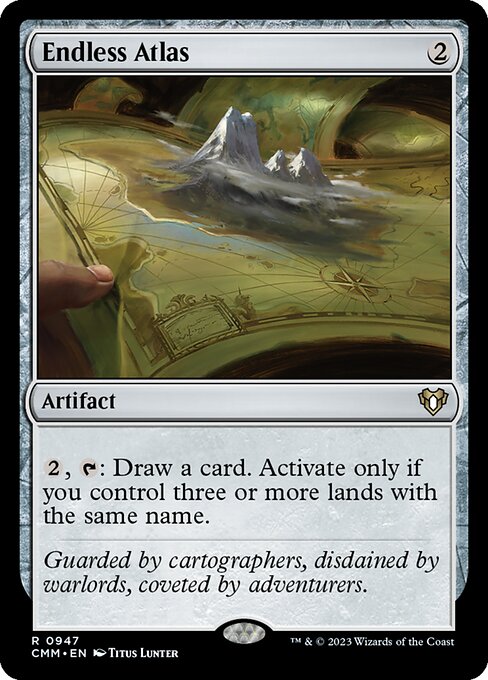
Endless Atlas
-
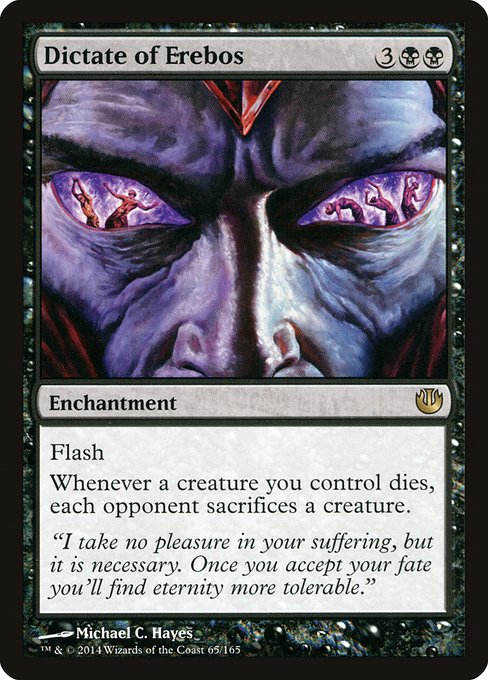
Dictate of Erebos
-
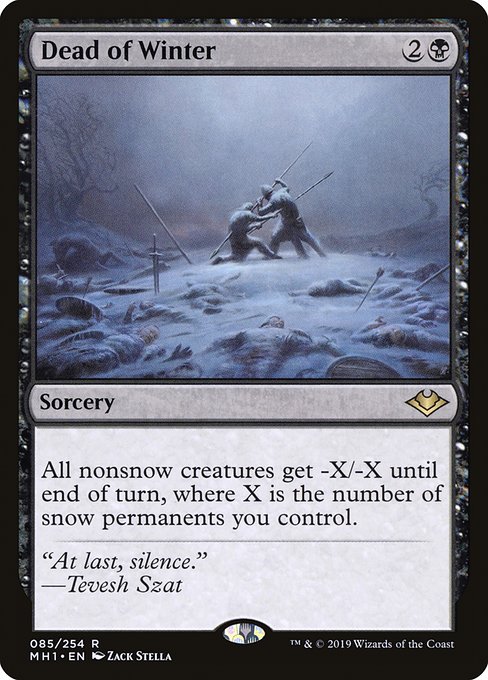
Dead of Winter
-
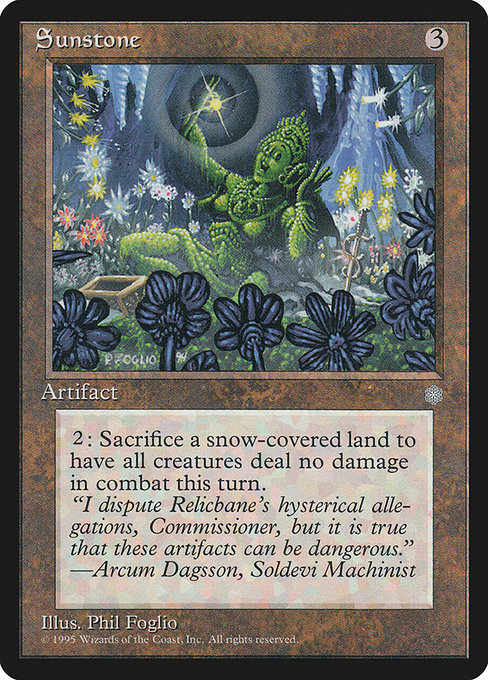
Sunstone
-
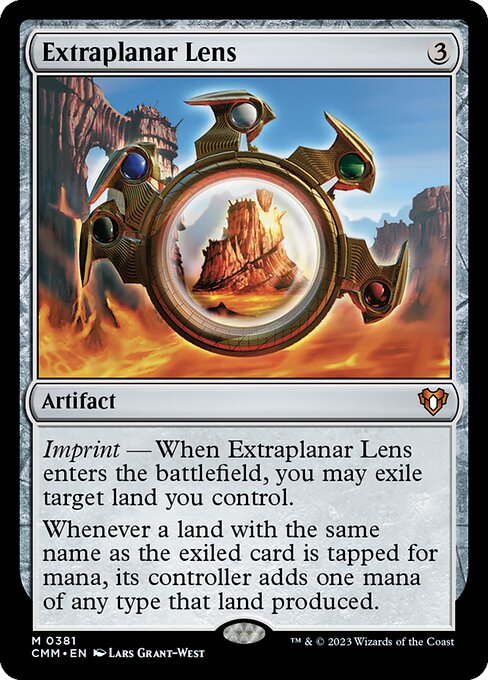
Extraplanar Lens
Gameplay Summary
The game mainly revolved around the players' strategies to utilize their chosen God-Eternal commanders to gain the upper hand.
There were multiple instances of tension and rivalry between the players, especially between the God-Eternal Kefnet and God-Eternal Bontu players, both of whom had strategies focusing on manipulating the game's turn order and sacrificing creatures respectively.
While the God-Eternal Rhonas and God-Eternal Oketra players focused on building up their creature presence on the battlefield, the other two focused on disrupting the game flow.
The game ended with a climactic battle where the God-Eternal Rhonas player managed to double the power of their creatures, dealing a significant amount of damage and claiming victory.
![Commander VS S16E2: God-Eternals Battle [EDH Gameplay] thumbnail](https://i.ytimg.com/vi/G6rgYI5pb94/maxresdefault.jpg)
































